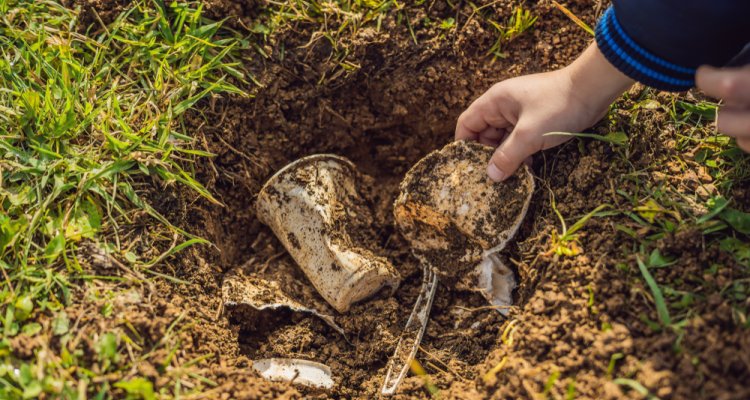
PhD defence
Evaluation of the biodegradability of surfactants through catabolism-based grouping and read-across
Summary
Surfactants find use in a wide variety of consumer products, and in agricultural and industrial applications. After use surfactants may end up in the environment. Reliable information on their potential to biodegrade (biodegradability) is important to assess their environmental risk. Evidence of biodegradability is initially collected by carrying out ready biodegradation screening tests. These screening tests have limitation especially when testing substances with “difficult-to-test” properties (such as: poorly water soluble, sorbing, toxic, complex composition). Non-testing approaches may be used as an alternative.
In this PhD research the biodegradability of different (“difficult-to-test”) surfactants was evaluated using a non-testing approach that groups surfactants based on shared metabolic pathways. Subsequently, ready biodegradation test results within the group were copied (read-across) to other surfactants in the group. The reliability of biodegradability predictions from the catabolism-based grouping approach is expected to be much higher compared to other non-testing approaches.